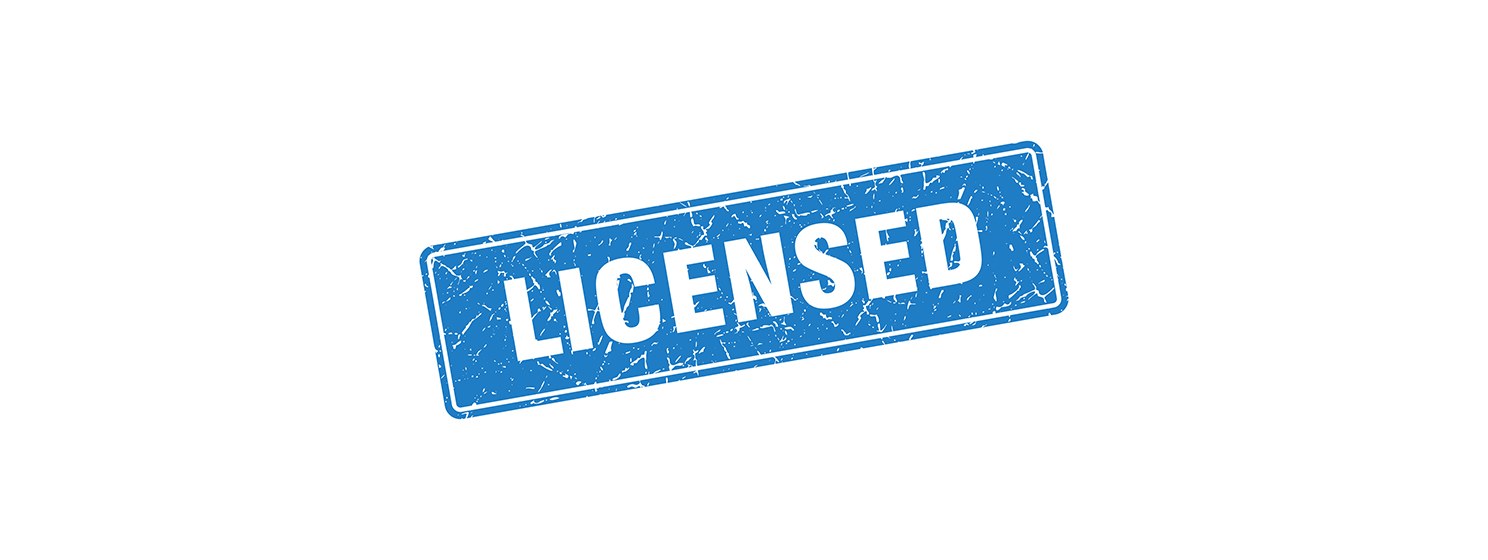|
Getting your Trinity Audio player ready...
|
21X, a Germany-based financial institution, has been licensed to operate a blockchain-based trading and settlement system under extant European Union (EU) rules.
The company announced it had received full approval from Germany’s leading financial authority, BaFIN, after 18 months of regulatory scrutiny. The license issuance is the first of its kind and will see 21X wade into tokenized securities as a major service provider in the region.
The license complies with the legal framework provided by the EU’s DLT Pilot Regime, a rulebook establishing the guidelines for new financial market infrastructures revolving around blockchain.
Launching in 2025, the German-based 21X is the first firm to clinch an operational license under its parameters, collaborating with the European Central Bank (ECB) and the European Securities and Markets Authority (ESMA).
21X says it will roll out a trading platform for tokenized financial instruments with a commercial rollout earmarked for Q1 of 2025. Designed for institutional and retail traders, the incoming platform will rely on a public blockchain rather than a close-ended one in compliance with the EU’s regulatory playbook.
The exchange will support trading tokenized securities, debt securities, tokenized real-world assets (RWA), and equities. Heinzle confirmed that the platform will provide custodial services for users and support the issuance and distribution of tokenized securities following the blockchain regime.
“This is more than just a license – it’s a revolutionary moment for capital markets,” said 21X CEO Max Heinzle. “For the first time ever institutional and retail investors can trade and settle tokenized securities on a fully regulated, blockchain-based exchange with the same level of trust, security and compliance as traditional markets.”
For technical support, 21X is leaning on Polygon and its AggLayer ecosystem for public blockchain solutions while turning to Apex Group and SBI Digital Markets for additional support.
The rise and rise of tokenized securities
The concept of tokenized securities is gathering significant steam in financial circles, with several reports touting their benefits over traditional offerings. Research by Tren Finance predicts that tokenized real-world assets can reach a market capitalization of $30 trillion before the end of the decade, buoyed by massive institutional adoption.
Several players in Southeast Asia have begun tinkering with the concept, adopting a cautious approach to prevent upsetting the balance of the ecosystem. In Europe, the pacing has a frenetic undertone, with the Bank of France urging regulators to include tokenization functionalities in the scramble for central bank digital currencies (CBDCs).
BlockInvest partner MGA can now operate as digital security registry in Italy
As the EU DLT Pilot Regime gathers steam, Italian-based firm Milano Global Advisors (MGA) has been licensed by Italian authorities to operate as a digital securities registry.
The approval comes on the heels of intense regulatory back and forth between MGA and Italian financial watchdogs as the country seeks to embrace sweeping changes across Europe. Per the report, MGA becomes the third firm in Italy to receive approval in a framework resembling Germany’s Electronic Securities law (eWpG).
Italy’s Fintech Decree, rolled out in 2023, ratifies the EU’s DLT Framework and supports the issuance of digital securities without the need for a central securities depository (CSD). Akin to the EU’s framework, the Fintech Decree endorses the use of blockchain for the immutable and transparent storage of shareholders’ information.
The country’s financial markets authority, CONSOB, is responsible for issuing the licenses but tailors the region rulebook to meet local demands. Italy’s playbook differs from the EU DLT Pilot Regime by adopting relaxed rules for approvals, giving the green light to securities that may not fit within the EU’s rules.
MGA CEO Cesare Suglia disclosed that the firm can operate a platform for the issuance and trading of digital securities in Italy. MGM will be able to proceed with the management and registration of digital securities while maintaining a blockchain-based register.
“The registration in the list of Registrars for Digital Securities by Consob represents not only a recognition of our professionalism but also a springboard towards new opportunities in the field of financial digitalization,” said Suglia.
Other ancillary services include custodial functionalities and transaction facilitation, with Suglia noting that the license will give the firm broader market access.
MGA will lean on BlockInvest as its tokenization technology partner, leveraging its extensive links with Credit Agricole Italia for additional backing.
Turning to blockchain for the issuance of securities offers a slew of benefits for financial institutions beyond traditional systems. Financial firms can see the potential cost and time-saving benefits of blockchain-based issuances in capital market operations.
While eliminating third parties and other intermediaries is seen as a step in the right direction, others are mulling the positives stemming from improved efficiency and democratization. Others are citing the perks of transparency, accessibility, and improved security as reasons to lean on blockchain for issuances.
Watch: Converging IPv6 & Bitcoin for decentralized future

 02-24-2026
02-24-2026 




